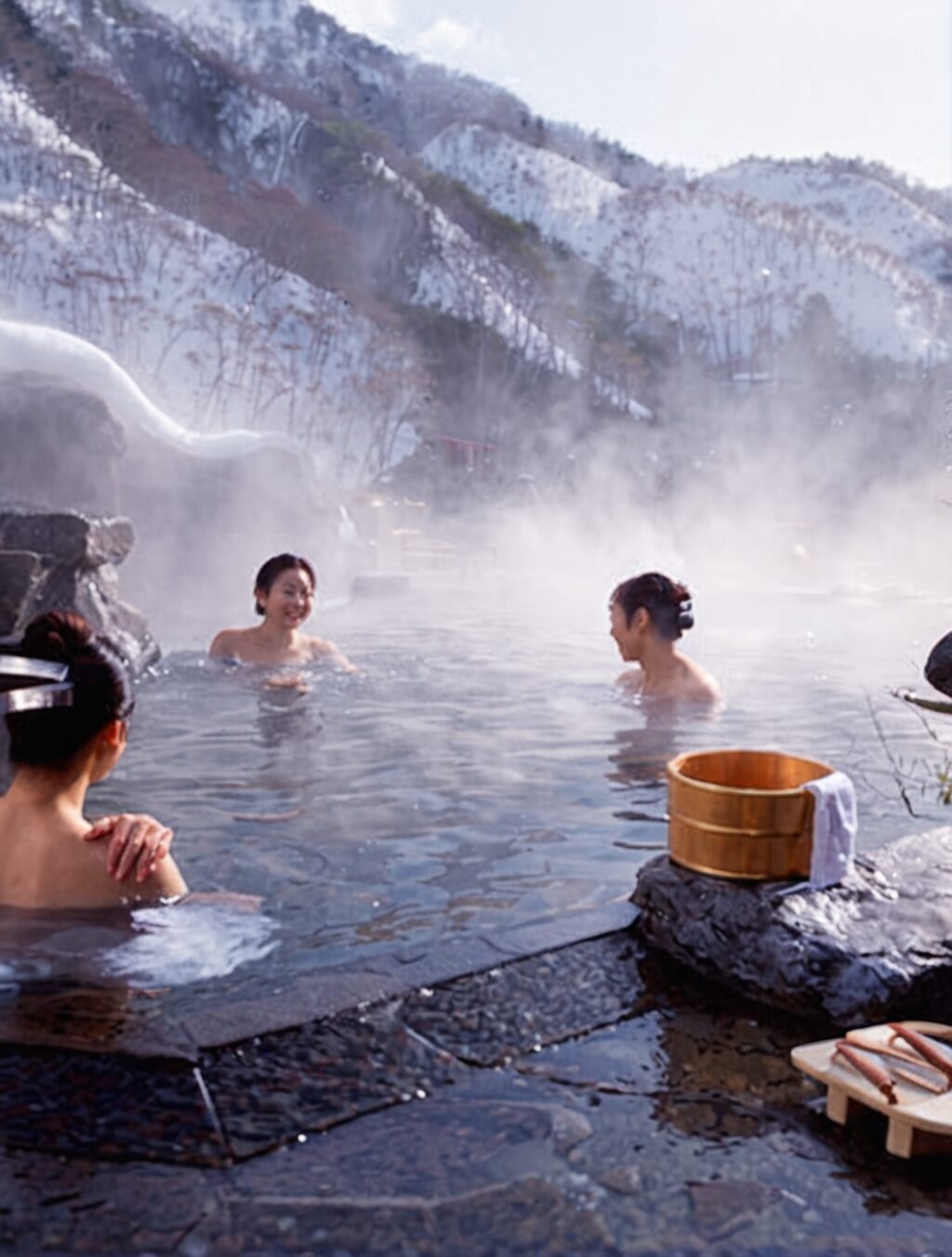Japanese Onsens: A Complete Guide to Etiquette and Benefits
Onsens, or natural hot springs, are a beloved part of Japanese culture, offering relaxation, rejuvenation, and a chance to connect with nature. Whether you’re a seasoned onsen-goer or a first-time visitor, understanding the proper etiquette and customs is essential for a respectful and enjoyable experience.
How Do Onsens Work?
- Onsens are heated by geothermal activity, and their waters are rich in minerals that provide therapeutic benefits.
- They’re typically separated by gender, with separate bathing areas for men and women.
- Most onsens require bathers to be nude, so it’s important to be comfortable with this practice before visiting.
Onsen Etiquette
To ensure a respectful and harmonious experience, follow these guidelines:
- Thoroughly wash before entering the onsen.
- Remove all jewelry and accessories.
- Be respectful of others’ privacy.
- Avoid talking loudly or making excessive noise.
- Don’t bring in food or drinks.
Benefits of Onsens
- Relaxation and stress relief
- Improved circulation and reduced muscle pain
- Detoxification and skin purification
FAQs
- Can I visit an onsen if I have tattoos? It depends on the onsen. Some may allow it, while others may not.
- How long should I stay in an onsen? Around 15-20 minutes at a time is recommended.
- What should I wear after an onsen? You’ll typically be provided with a yukata (robe) and slippers.
Conclusion
Onsens offer a unique and rejuvenating experience that combines relaxation, cultural immersion, and health benefits. By following proper etiquette and customs, you can fully appreciate the beauty and tranquility of these natural wonders.
how do japanese onsens work
